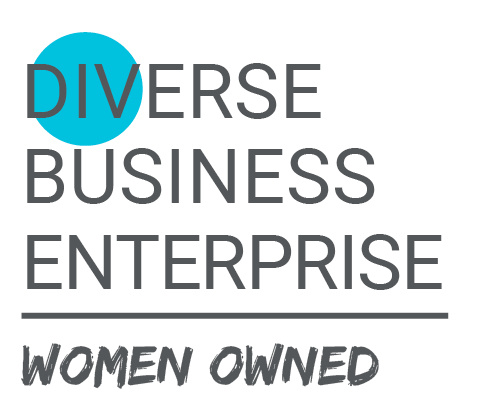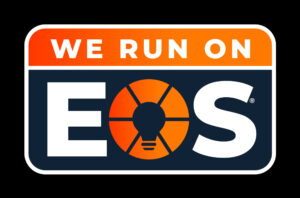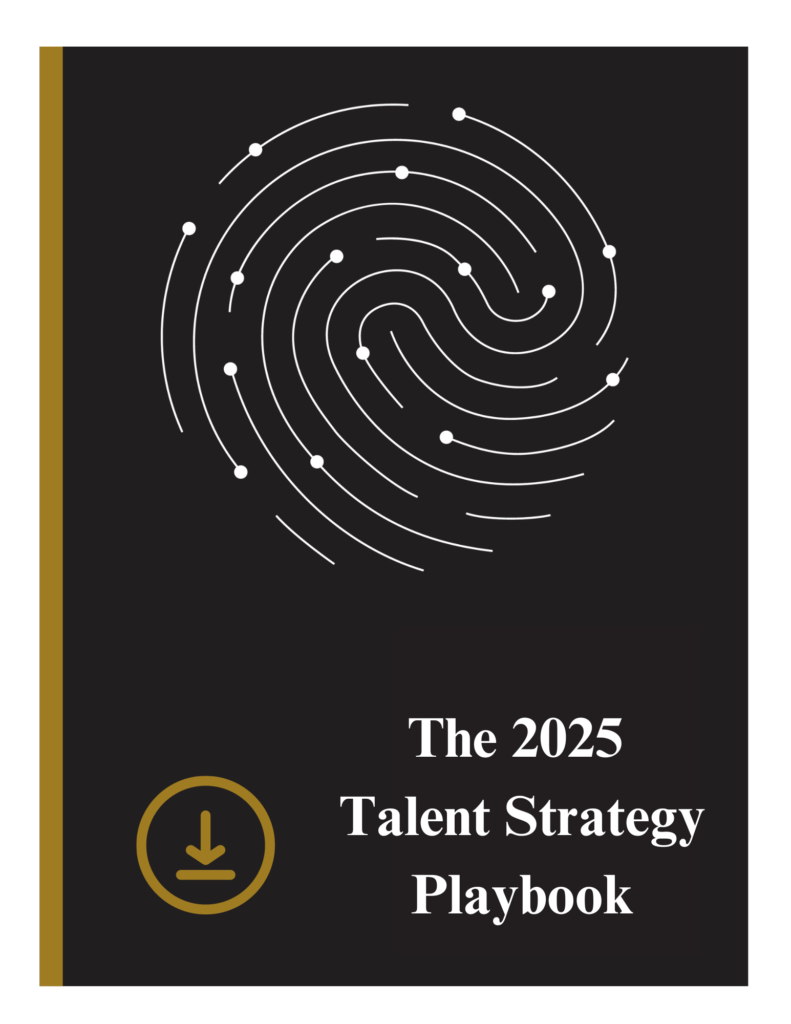by Nicole Degi
When searching for leadership talent, oftentimes people tend to gravitate towards candidates with traditional credentials. However, some of the most dynamic leaders emerge from unexpected places. Recognizing leadership potential in unconventional candidates requires looking beyond resumes and job titles to uncover qualities that inspire teams, drive innovation and deliver results.
What to Look for in Future Leaders
- Resilience and Adaptability: A key trait for an effective leader is someone who can overcome professional obstacles, thrive in challenging environments, navigate complexities in leadership or culture, overcome adversity, pivot industries, learn new skills quickly, and is someone who has grit.
- Emotional Intelligence: Leadership is not solely about technical skills; it is about building meaningful connections with people. The ability to understand and manage emotions, while empathizing with others, is a foundation of effective leadership. Emotional intelligence shines through strong interpersonal relationships, conflict resolution, clear and impactful communication, and the ability to inspire teams.
- Assess Problem-Solving Skills: Unconventional leaders often thrive because they approach
challenges with fresh perspectives. Thinking creatively and demonstrating a track record of problem-solving is key to a successful leader. - Big Picture Thinkers: Successful leaders often excel at thinking outside the box. They are visionaries who bring fresh ideas to the table and possess the strategic ability to create a compelling vision for the organization’s future.
- Lifelong Learners: Leaders who embrace continuous learning are better prepared to adapt to change and inspire their teams to follow suit. Their curiosity and commitment to personal growth make them truly stand out.
- The Ability to Positively Influence Others: True leaders inspire others effortlessly, even without formal authority. Employees who take the lead initiative, mentor their colleagues and consistently earn positive feedback from peers and supervisors demonstrate strong leadership potential.
Spotting leadership potential goes beyond evaluating resumes or traditional qualifications. It requires a deeper focus on qualities that truly make a difference: interpersonal skills, effective communication, adaptability, resilience, and the ability to inspire and influence others. Embracing unconventional candidates for potential leadership roles will diversify your talent pool and bring a fresh perspective and energy to your organization. Often, you need to look at what intangible qualities set someone apart to inspire others, drive organizational growth, and help navigate the business landscape.



















